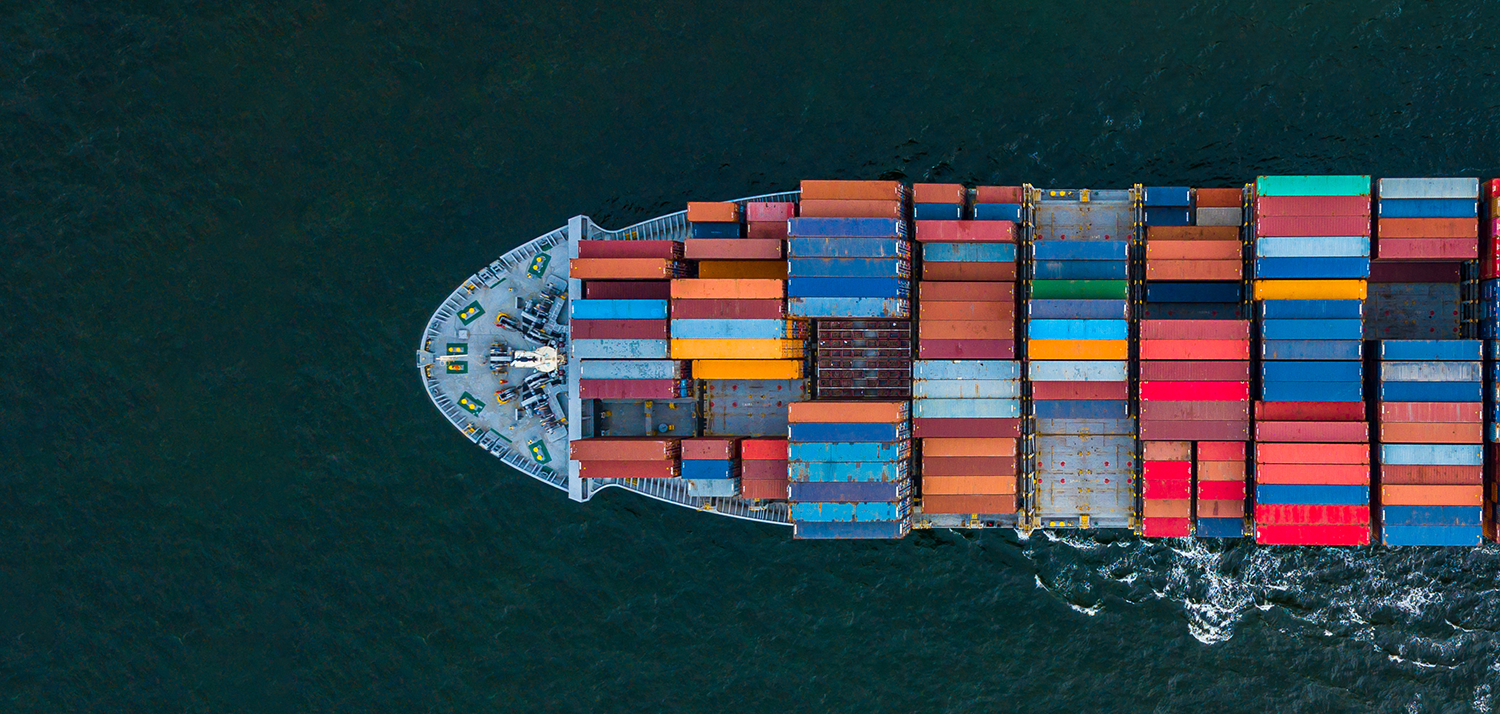Jenny Eather, Andrew Duver & James Fell
Overview
Food security is an important national policy goal for leaders around the world. Ending hunger is a UN Sustainable Development Goal.
This report explores evidence in food security debates: what is food security? How does food security relate to trade and domestic support, household incomes, food availability, and food prices?
It also considers the limitations of trying to achieve food self-sufficiency though protection and support, and alternative approaches to achieve food security goals.
Key Findings
There are four critical elements of food security:
- availability,
- access,
- utilisation and,
- stability.
Openness to agricultural trade improves food security in in all four elements.
Governments can take the lead on global food security by:
- opening up trade,
- cutting export restrictions,
- reducing tariffs and
- limiting domestic agricultural support.
Download the full report
Food security: the role of international trade and support – Report (PDF)

